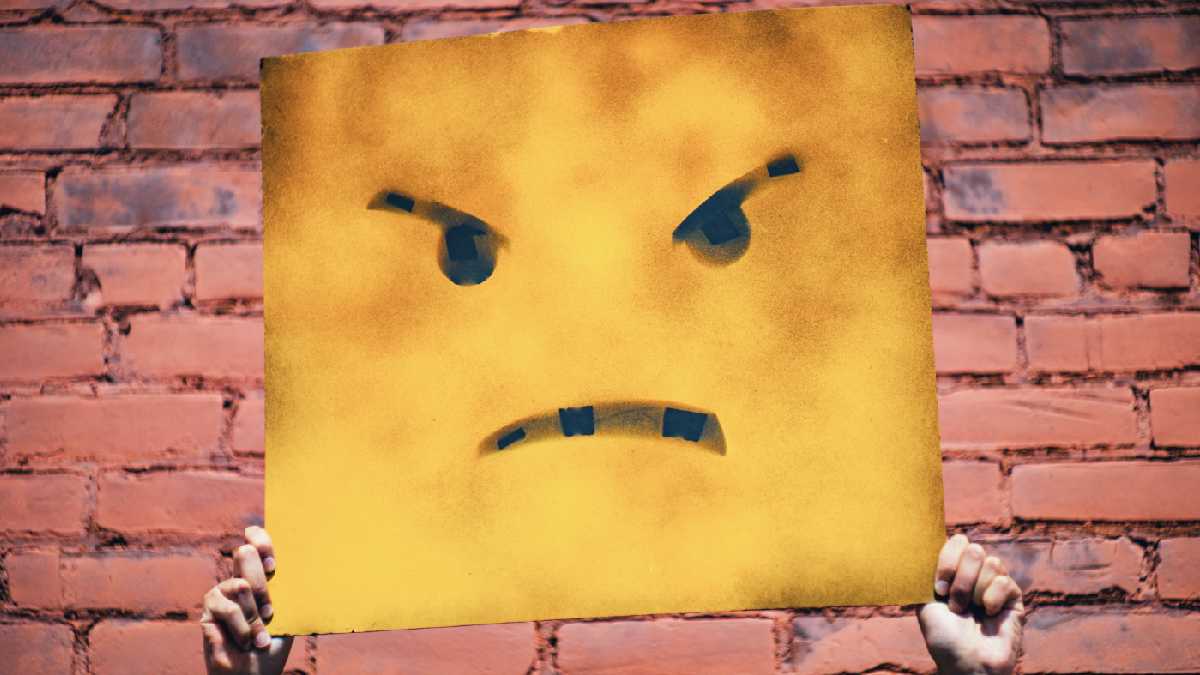
Can Hate Give Your Life Meaning?
Psychologist Abdo Elnakouri explains how a certain kind of hatred can sometimes give your life a sense of purpose.

By Mark Travers, Ph.D. | May 14, 2022
A new study published in the Journal of Experimental Psychology suggests that people who hold 'collective hate' (hatred towards a group, an institution, or an abstract concept) can sometimes foster a sense of meaning in life as it can motivate them to confront their object of hate.
I recently spoke to psychologist Abdo Elnakouri of the University of Waterloo in Canada to understand why collective hate might propel people more than personal hatreds they might harbor. Here is a summary of our conversation.
What inspired you to investigate how hate and threat can impact a person's meaning in life, how did you study it, and what did you find?
I was curious about why people were so often consumed by hate, especially towards those with whom they disagreed. I also noticed that many public figures often gain traction by identifying a group to hate on.
To study this question, our research team had participants either write about something that they hated or something they just disliked. So some folks were able to nominate something they felt really strongly about, and were given the opportunity to vent their hate.
Others were asked to nominate an annoyance and to talk about their feelings about it.
What we found was that those who were able to air out their hatreds were much more likely to report feeling energized and determined.
These feelings then caused them to feel like they had more meaning in their life, presumably because they felt energized to confront and fight against their object of hate.
However, this seemed to only be true for those that nominated a collective form of hate, i.e., hatred towards a group, an institution, or an abstract phenomenon. Those who talked about how much they hated a particular person didn't get this boost in meaning in life.
What are the causes for a person to develop collective hate as opposed to personal hate?
I can guess that personal hatred comes from having real world contact with particular people who wronged you.
On the other hand, I'd guess that collective hatreds come from being a part of a community that sees this other group as an enemy.
So when your friends, family, and community identify a collective entity they don't like, it's easy to fall into hatred for them as well. Of course, people can have their own idiosyncratic reasons for hating a particular collective entity.
How might a 'meaning in life' based on hatred negatively affect individuals?
Again, I can only speculate on this. I don't have data to speak to this question, but I'd guess that, over time, people who constantly draw on hating something for meaning might lead them to do things that aren't smart or helpful for them or for society.
On the other hand, maybe we need to cultivate more hatred towards climate change, racism, and other societal ills. A lot of it would depend on what the hate is aimed towards.
Your study identifies coherence as an important factor to determining what meaning in life is. Why is this so?
Previous research has identified coherence as important for meaning in life. So being able to make sense of the world, establish habits and structure, makes people feel like things are stable, logical, and therefore can start to make meaning out of their life.
Are there any particular reasons why an individual might be more inclined to base their meaning of life on darker feelings such as hatred as opposed to more positive and fulfilling engagements?
I'm not sure, but my guess is that hatred is an easier way to meaning in life for those who are struggling. It's hard to build vibrant relationships, a fulfilling career, and a healthy environment. What's probably easier is identifying something that you deeply hate to get you up in the morning.
What practical advice do you have for individuals unsure of how to find their own meaning in life?
Engage with life, be active, make social connections, establish goals for yourself, however small.
I think people get stuck in a rut and then try to intellectualize their way out of it.
The thoughts that will come to mind in that state will rarely be inspirational. It's hard to think your way out of a rut that you've likely behaved your way into.
Instead, go out and engage with the world. Often, you'll be surprised at the boost in optimism that comes naturally after that. Never easy, but something.
Do you have plans for follow-up research? Where would you like to see research on this topic go in the future?
Yes! We're now interested in whether hatred can have some concrete effects on people's goals. For example, if someone reads an article that gets them all riled up in the morning, does that translate into them being motivated for their goals throughout the day? Or, instead, does that hatred derail their goals, causing them to be unproductive?
